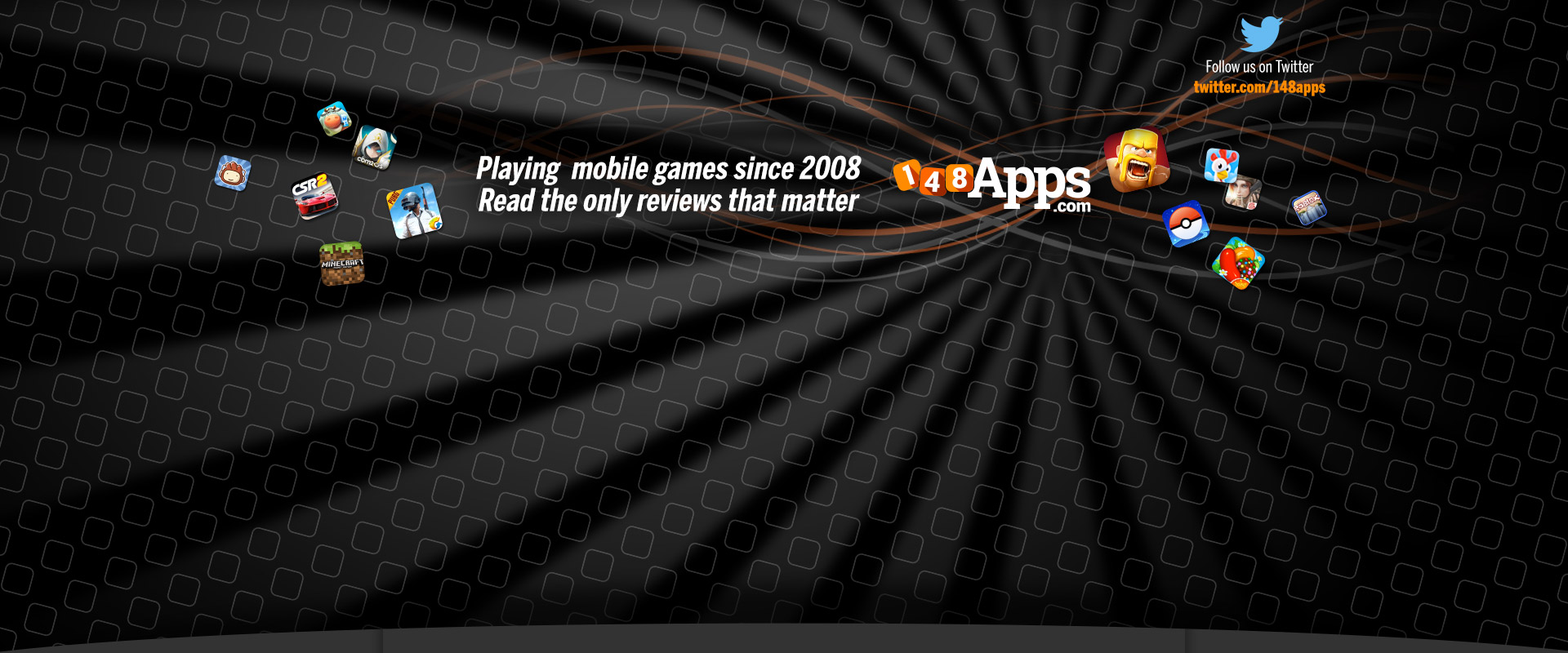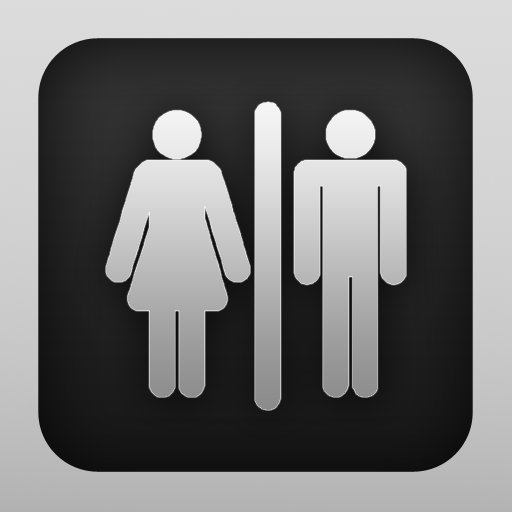
Location Services is a necessary component of iOS, used to determine your location for applications like Maps and Compass. Without it, these applications would be unable to function to their best ability (for example - the blue ball telling you where you are in Maps). Third-party applications can also make use of Location Services, provided you offer your consent by tapping "OK" when a request message pops up. It can be turned "off" by tapping Settings > General > Location Services. But does it really turn off?
The Wall Street Journal is reporting today that "Apple Inc.'s iPhone is collecting and storing location information even when location services are turned off" by way of nearby cellphone towers and Wi-Fi hotspots. Although the data "[doesn't] appear to be transmitted back to Apple," it opens new questions with regards to privacy and technology on Apple's flagship mobile device.
The test device was an iPhone 4 running iOS 4, the latest software released by Apple in June. "Over the span of several hours as the phone was moved [with location services off], it continued to collect location data from new places." The data comes in the form of GPS co-ordinates and time stamps, but WSJ note "the coordinates were not from the exact locations that the phone traveled, and some of them were several miles away." Apple has not yet responded for a comment.
MacRumors reports that one of its readers mailed Apple CEO Steve Jobs for clarification on the issue, to which Jobs replied: "We don't track anyone. The info circulating around is false." Technically speaking, Apple does not collect location services data, but it now appears as if the iPhone does. The data is not encrypted.
The issue has sparked controversy on both a national and international level, with Senator Al Franken writing an open letter to Steve Jobs including nine questions related to the matter. Representative Edward Markey has called for a congressional investigation. Bloomberg reports that South Korea's communications regulator has opened an investigation into whether Apple is breaking Korean law by storing the data. And France, Italy and Germany are following too.
So what does all this mean? For those who use Location Services constantly, like Google Latitude users or those travelling by way of Maps, it means little. But for those who don't use Location Services frequently, or have turned the feature off altogether, it puts into question how private the location data really is. On a computer that an iPhone has been synced on, the unencrypted file can be opened.
All eyes are on Apple now.
[WSJ, MacRumors & Bloomberg]






